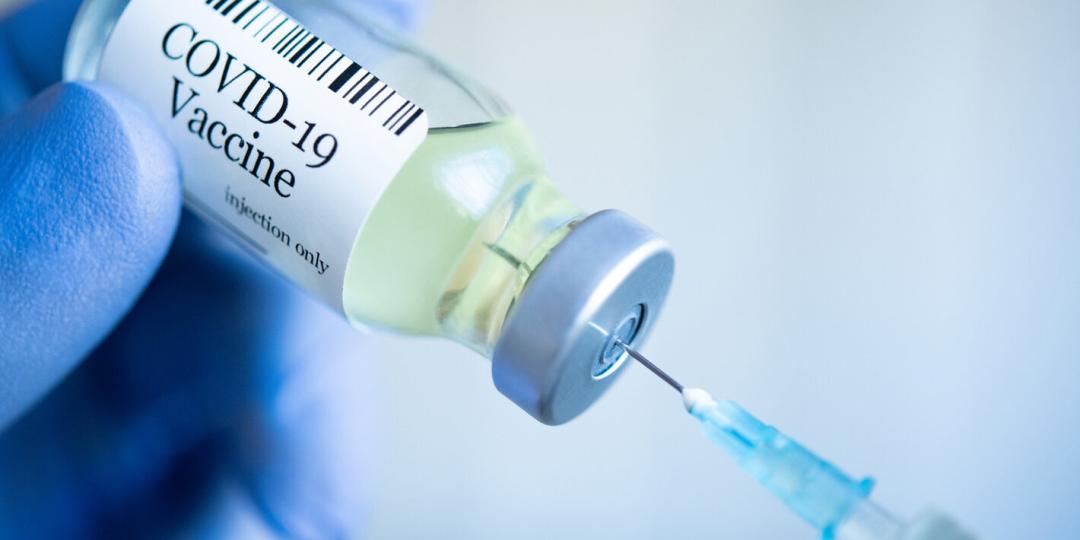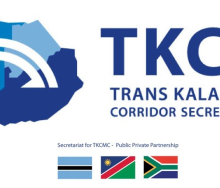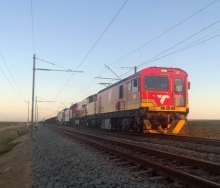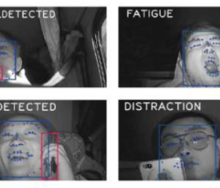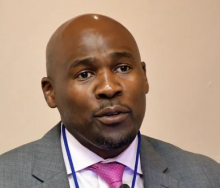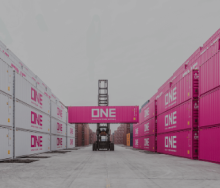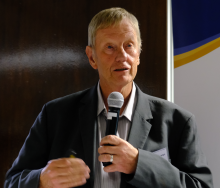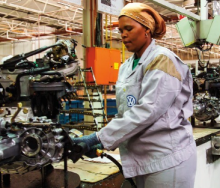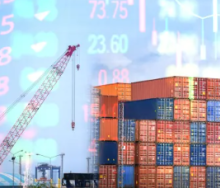Covid-19 vaccine inequity will have a lasting and profound impact on socio-economic recovery in low- and lower-middle-income countries without urgent action to boost supply and assure equitable access for every country, including through dose sharing.
That’s according to new data released by the United Nations Development Programme (UNDP), the World Health Organization (WHO) and the University of Oxford.
The data reveals that an acceleration in scaling up manufacturing and sharing enough vaccine doses with low-income countries could have added $38 billion to their GDP forecast for 2021 if they had similar vaccination rates as high-income countries.
At a time when richer countries have paid trillions in stimulus to prop up flagging economies, now is the moment to ensure vaccine doses are shared quickly, all barriers to increasing vaccine manufacturing are removed, and financing support is secured so vaccines are distributed equitably and a truly global economic recovery can take place, the research points out.
A high price per Covid-19 dose relative to other vaccines and delivery costs - including for the health workforce surge - could put a huge strain on fragile health systems and undermine routine immunisation and essential health services and could cause alarming spikes in measles, pneumonia and diarrhoea.
There is also a clear risk in terms of foregone opportunities for the expansion of other immunisation services, for example the safe and effective rollout of HPV vaccines.
Lower income countries need timely access to sustainably priced vaccines and timely financial support, the data reveals.
These insights come from the Global Dashboard for Covid-19 Vaccine Equity, a joint initiative from UNDP, WHO and the University of Oxford’s Blavatnik School of Government, which combines the latest information on Covid-19 vaccination with the most recent socio-economic data to illustrate why accelerating vaccine equity is not only critical to saving lives but also to driving a faster and fairer recovery from the pandemic, with benefits for all.
“Vaccine inequity is the world’s biggest obstacle to ending this pandemic and recovering from Covid-19,” says Dr Tedros Adhanom Ghebreyesus, director-general of the World Health Organization.
“Economically, epidemiologically and morally, it is in all countries' best interest to use the latest available data to make lifesaving vaccines available to all.”
